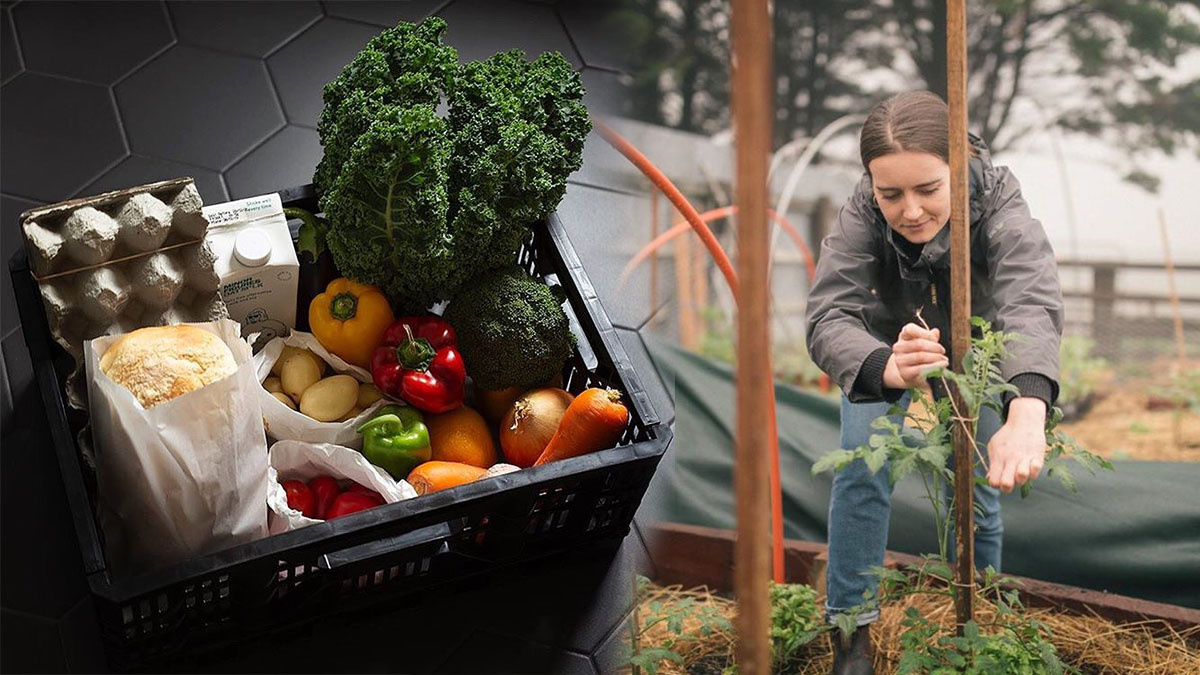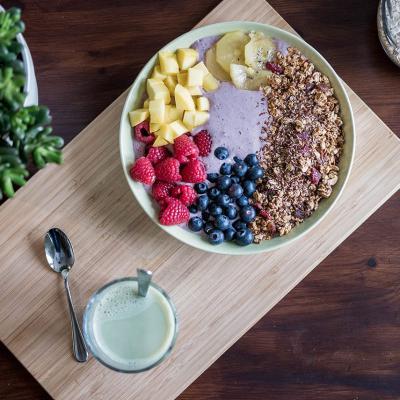Cafe and restaurant owners are transforming their venues into neighbourhood grocers to keep cash trickling into their tills during the coronavirus lockdown. Prime Minister Scott Morrison last week ordered the hospitality industry to shut its doors to the public in a bid to contain the spread of the virus. Although the industry was allowed to keep selling food and drinks for takeaway and home delivery, revenue fell off a cliff and venues across the country were forced to axe hundreds of thousands of jobs, with one economist tipping unemployment to reach 17 per cent by Easter.

wo-thirds of Australian businesses have lost turnover as a result of the coronavirus pandemic. Consumer confidence has plunged to levels not seen since the recession of the early 1990s. And the projected rise in unemployment points to a drawn-out recovery. The fluid nature of the crisis makes it difficult for economists and policymakers to offer concrete forecasts. But the ABS is publishing more regular and targeted datasets in an attempt to minimise the uncertainty. The below five charts are taken from its latest COVID-19 business survey and show how the virus has already affected Australian businesses.
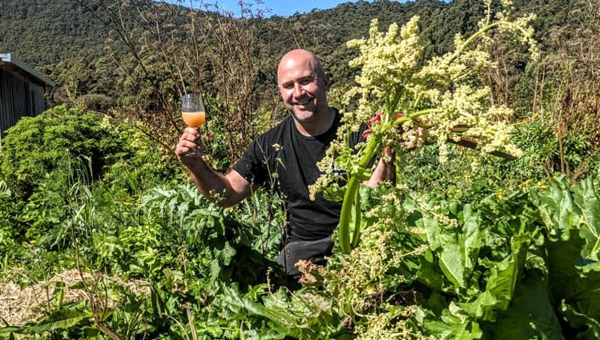
A Tasmanian farmer has earned a firm ticking-off from France after suggesting people could make their excess rhubarb into champagne. Guy Robertson from Penguin, in the state’s north-west, has turned his business over to deliveries after losing all of almost his usual sales at traditional farmers’ markets and festivals, restaurants and in on-farm experiences overnight because of the COVID-19 outbreak. “The first week was the sleepless week,” Mr Robertson said. “Then we realised we could put everything online.” The Mount Gnomon Farm website was born – and Mr Robertson is now busy selling meat, vegetables, and fruit online, as well as products from other local artisan producers. But it was a post on social media that landed him in hot water with the French. He has been including in-season rhubarb in his produce boxes, and suggested anyone who had too much should treat themselves, as he had, by brewing some homemade rhubarb bubbly, which he termed champagne.
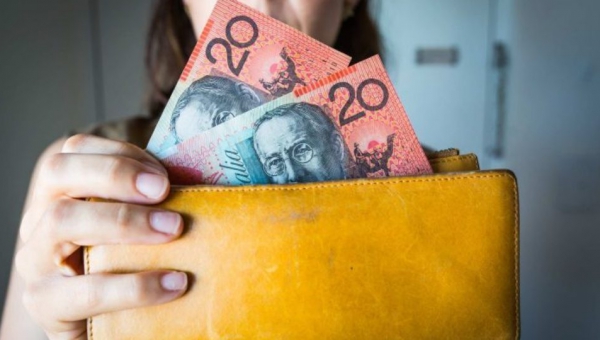
Claiming tax deductions for working from home due to coronavirus is being made easier. The Australian Taxation Office (ATO) is introducing a new method which will allow people to claim 80 cents per hour for all their running expenses, rather than needing to calculate costs for specific running expenses. The change will apply from March 1 to June 30, after which the ATO will review the arrangement for the next financial year as the COVID-19 situation progresses. “If you choose to use this shortcut method, all you need to do is keep a record of the hours you worked from home as evidence of your claim,” ATO assistant commissioner Karen Foat said. “We needed something to help people through this time to make it easier to work out how much they can claim. “We think the 80 cents per hour method is much simpler for people.
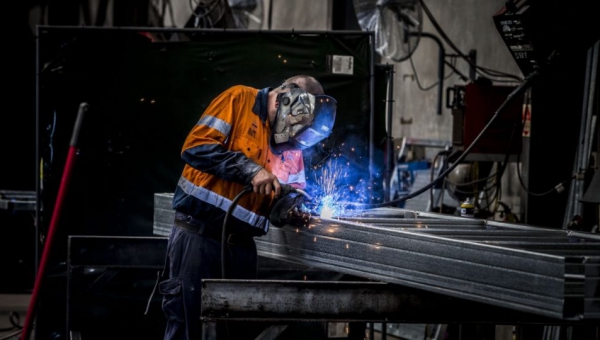
Australia must rebuild its weakened manufacturing sector to power the nation’s recovery after coronavirus, a prominent economist has said. Bolstering manufacturing will not only ensure the country has enough essential supplies to manage the crisis, it will provide the “productive capacity” needed to rebuild the economy once the virus is contained. And an abundance of renewable energy means the manufacturing revival could help in the fight against climate change. Echoing a similar argument put forward by economist Ross Garnaut, Centre for Future Work senior economist Alison Pennington told The New Daily Australia should use its “comparative advantage in renewables” to power a sustainable revival of manufacturing.

